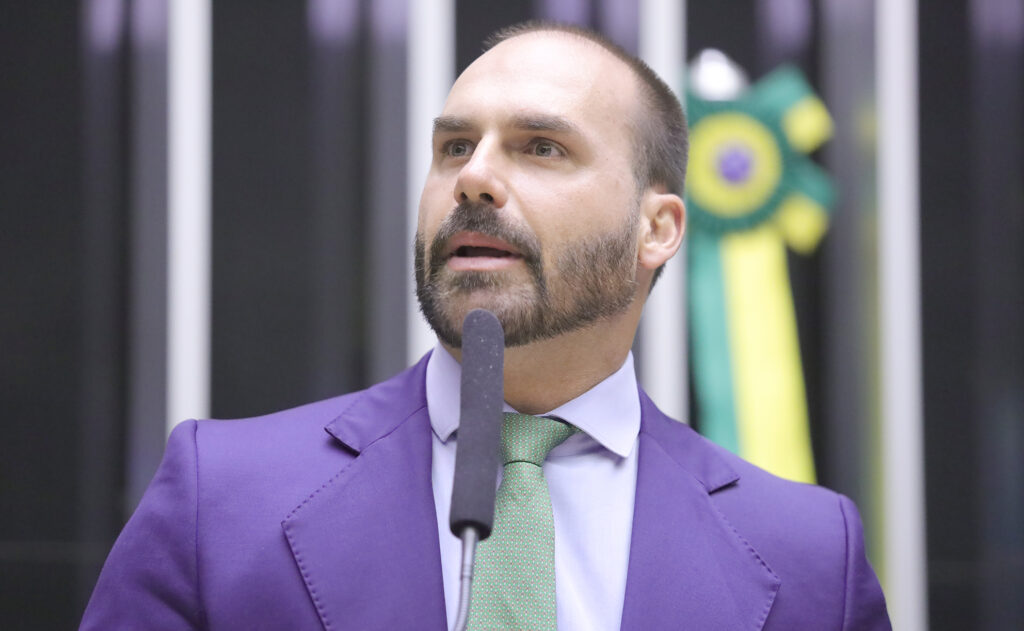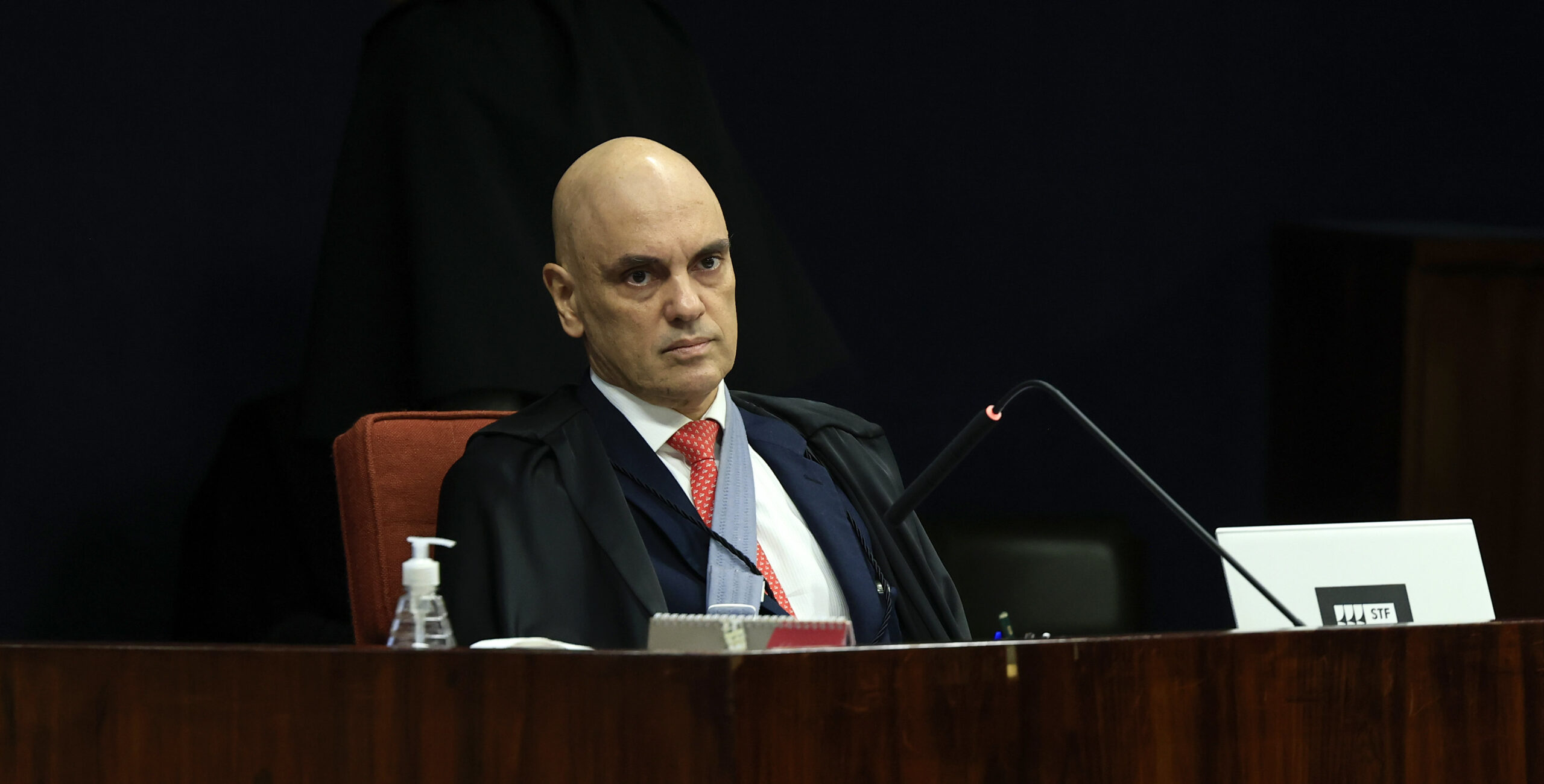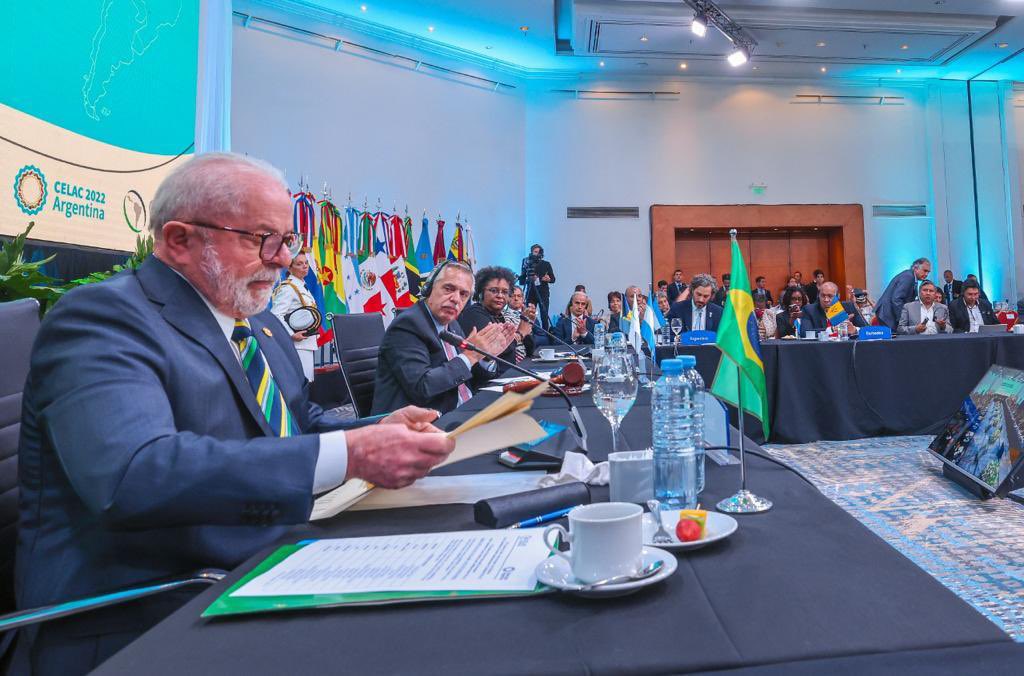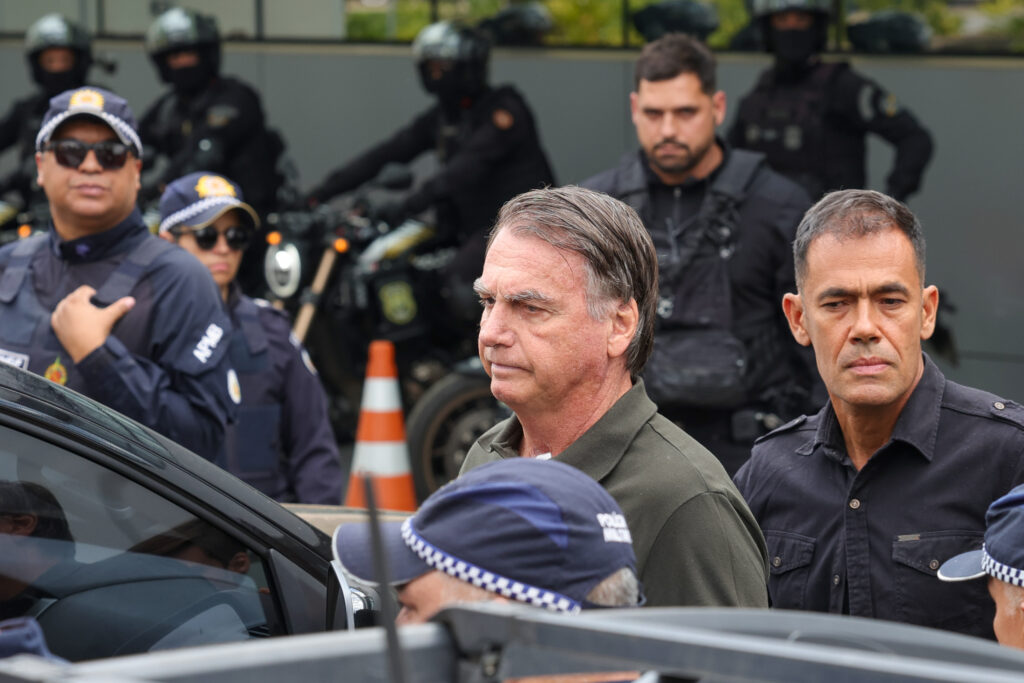São Paulo, Brazil – A social media post by U.S. Secretary of State Marco Rubio on Wednesday ignited a political firestorm in Brazil, raising the specter of a diplomatic crisis between the two nations.
Though Rubio did not name specific individuals or countries, observers in Brazil interpreted his statement as a veiled reference to Supreme Federal Court (STF) Justice Alexandre de Moraes.
That perception was amplified when Jason Miller, a former adviser to President Donald Trump reposted Rubio’s message, tagging the justice directly:
In Brazil, Justice de Moraes oversees high-profile cases against former President Jair Bolsonaro, including one in which Bolsonaro faces five criminal charges: attempting a coup d’état, undermining the democratic rule of law, and leading a criminal organization, among others. The case is currently at the stage of witness testimony collection, with no timeline yet set for a trial.
Justice de Moraes’ actions have long made him the target of criticism from Bolsonaro-aligned politicians, who accuse him of bias and claim he is persecuting their political movement.
Seeking to internationalize these allegations, Bolsonaro’s son, Eduardo Bolsonaro — a federal lawmaker — took a leave of absence from Brazil’s Congress in March and relocated temporarily to the United States to lead a lobbying effort aimed at undermining or at least casting doubt on de Moraes’ legitimacy.
Since moving to the U.S., Eduardo Bolsonaro has focused on this agenda, cultivating ties with American lawmakers and conservative activists.

(photo credit: Mario Agra/via Câmara dos Deputados)
In 2020, Politico reported that Miller incorporated a lobbying firm, SHW Partners LLC. Yesterday, Indian media reported that Miller is lobbying Washington on behalf of the Indian government amid its conflict flare-up with Pakistan. Brazil Reports wasn’t able to confirm whether Miller is working on behalf of the Bolsonaros.
For Bolsonaro’s allies, Brazil is currently mired in what they describe as a “judicial dictatorship” — a regime that allegedly suppresses free speech, persecutes political opponents, and targets right-wing politicians, journalists, and ordinary citizens. This narrative has been invoked to criticize the judiciary’s response to the January 8, 2023 attacks on government buildings in Brasília, where rioters stormed the seats of all three branches of government in an attempt to overturn the presidential election results.
Of the more than 1,600 individuals charged in connection with the Brasília attacks, over 500 have already been convicted, receiving prison sentences ranging from one to 17 years.
Last week, during a congressional hearing, Secretary Rubio confirmed to Representative Cory Mills, a Republican from Florida, that the United States is considering invoking the Global Magnitsky Act against Justice de Moraes and other top officials within Brazil’s judiciary, including Attorney General Paulo Gonet.
Originally developed under the administration of Barack Obama following the death of a tax lawyer in a Russian prison, the eponymous Magnitsky Act allows the U.S. government to sanction and ban foreign officials from entering the U.S. who have committed human rights abuses.
Eduardo Bolsonaro and Representative Mills have met since the Brazilian lawmaker established his temporary residence in the United States. If U.S. authorities proceed with the Global Magnitsky sanctions, the targeted Brazilian officials could face travel bans, asset freezes within U.S. jurisdiction, and prohibitions on conducting business with American individuals or companies.
However, Eduardo Bolsonaro’s lobbying efforts in the United States have not gone unnoticed by Brazilian authorities. Brazil’s Attorney General’s Office recently petitioned the Supreme Federal Court to open an inquiry into possible misconduct by the lawmaker. The request was granted, and Eduardo is now under investigation for alleged coercion, obstruction of justice, and attempting to dismantle the democratic rule of law.
Prosecutors argue that Eduardo has made public statements and social media posts acknowledging his efforts to secure U.S. sanctions against members of Brazil’s Supreme Court, the Attorney General’s Office, and the Federal Police.
Featured image: Justice Alexandre de Moraes at a hearing on the attempted coup d’état in Brazil (photo credit: Rosinei Coutinho / Supreme Court via Flickr)










